Dear Leaders of Ethiopia and Somalia,

I reach out to you not merely as an external observer, but as an individual who has directly experienced the ramifications of the escalating tensions between our two countries. In my everyday encounters, I am constantly reminded of the profound rifts that have developed, even among those of us who ought to collaborate. A recent exchange with a colleague highlighted this reality when they inquired whether I hailed from the Somali region of Ethiopia or from distant Mogadishu, implying that such a distinction could dictate my allegiances. This seemingly trivial moment encapsulated a broader concern—a rising sentiment of division that is infiltrating our daily lives.
It is evident that both Ethiopia and Somalia are employing nationalistic strategies to galvanize public backing. On the Somali front, the recurring narrative of the fear that “someone is going to take our sea” resonates deeply within the populace. This potent message evokes strong emotions, compelling citizens to rally behind their leaders in a bid to safeguard their nation. However, one must question the implications of such an approach. The relentless emphasis on fear casts Ethiopia in the role of an aggressor, despite the complexities that underlie the situation.
Conversely, there is an emerging discourse within Ethiopia that positions Somalia as a potential ally of Egypt in the ongoing conflict over the Nile waters. This portrayal insinuates that Somalia is aligning itself with Egypt, a nation that has historically clashed with Ethiopia regarding matters such as the Grand Ethiopian Renaissance Dam (GERD). By framing Somalia as a participant in this broader regional contention, Ethiopian authorities are exacerbating feelings of suspicion and mistrust, thereby further entrenching the divide between our two nations.
It is my concern that the strategy commonly referred to as **rallying around the flag** may ultimately prove detrimental rather than beneficial. While this approach can effectively mobilize public support, it simultaneously fosters an environment of ongoing conflict. This tactic cultivates a mindset of suspicion and fear among individuals, leading them to regard their fellow citizens with unwarranted distrust, even in the absence of genuine threats.
As an advocate for the potential of harmonious relations between Ethiopia and Somalia, I implore you to reflect on the enduring implications of this method. Although it may yield immediate political gains, it poses the danger of establishing a legacy characterized by mistrust and animosity, which would be significantly more challenging to rectify in the future. Both countries stand to gain immensely from collaborative efforts. Rather than emphasizing our differences, it would be more productive to concentrate on the common interests that can unite us. Areas such as trade, security, and infrastructure development present opportunities for mutual benefit that far surpass any fleeting political triumph achieved through nationalist sentiments.
I sincerely hope that you, as influential leaders, will opt for a course that emphasizes dialogue and collaboration rather than fear and division. The trajectory of our region hinges on this decision, and prioritizing unity over discord is essential for a prosperous future. By fostering an environment of cooperation, we can pave the way for a more stable and harmonious relationship between Ethiopia and Somalia, ultimately benefiting both nations and their citizens.
Sincerely,
A Concerned Citizen,
Jibril Mohamed Ahmed


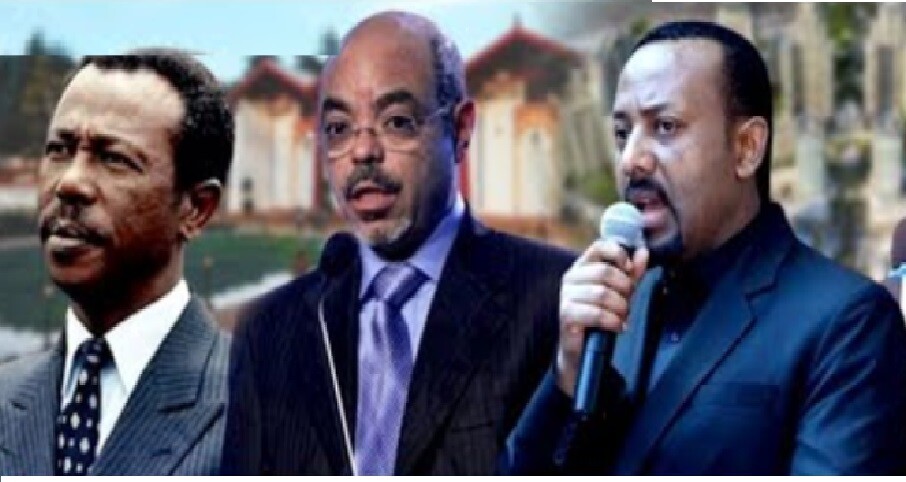

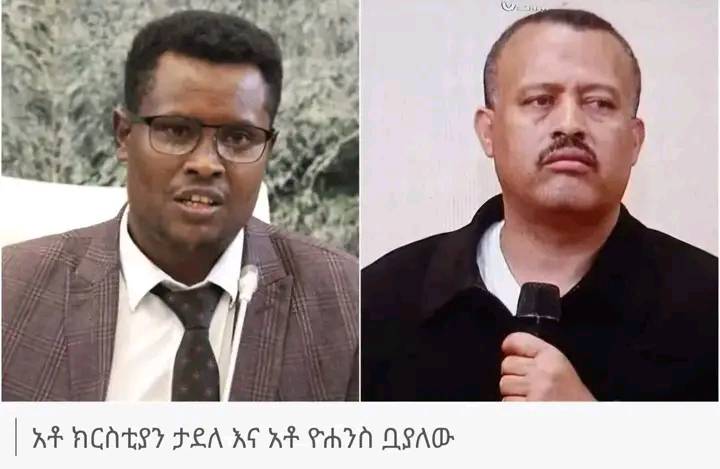







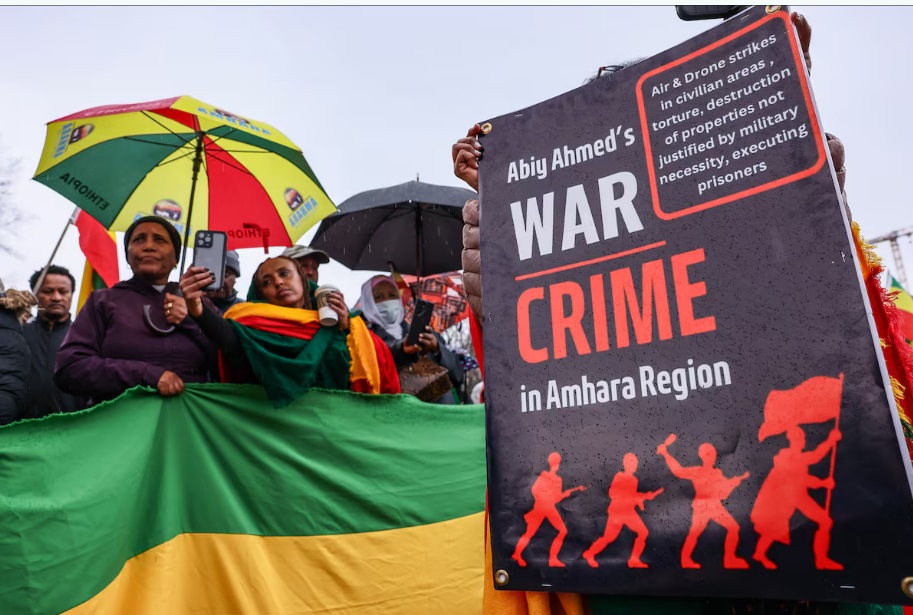

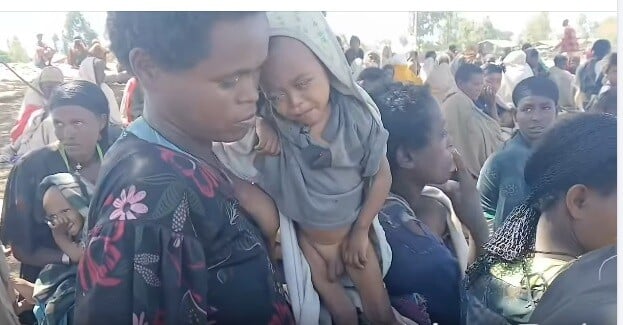


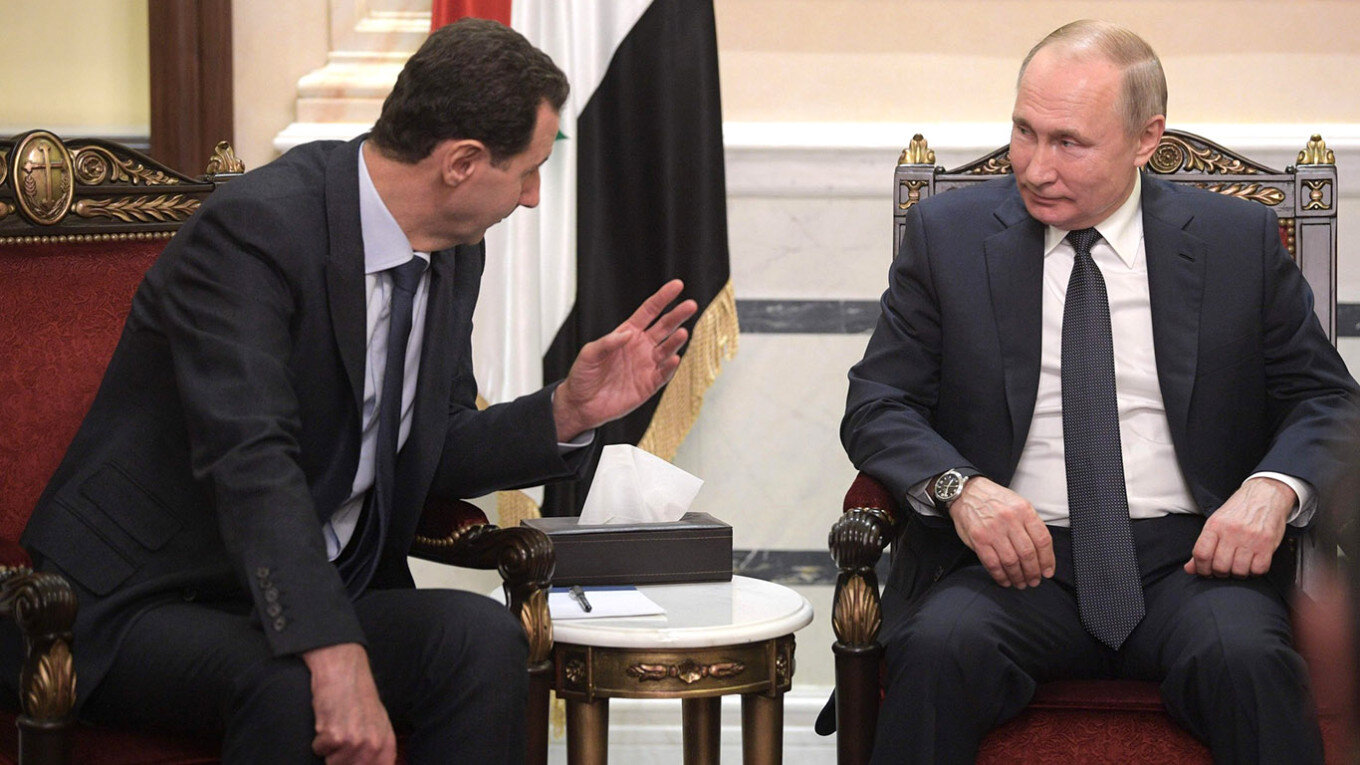
Written like a very concerned African. Thank you.
Honestly, though. You are barking up the wrong tree. The people in charge of the Ethiopian government (the people who have captured the Ethiopian state), are hell-bent on destroying Ethiopia to realize their nightmarish project a break-away Republic (Great Oromia). They intend to draw war into the Ogaden so they could destroy the Ethiopian Somali Region, which they see as a potential threat to their prospective Oromia Republic. So far, they have destroyed or weakened other Ethiopian regions (Tigray, Amhara, Afar, Southern Regions). Their gamble with Somaliland has nothing to do with getting access to a port, and everything to do with establishing a diplomatic precedent so that Great Oromia Republic does not face the same lack of international recognition (that Somaliland faced for three decades) after it breaks up from Ethiopia. The port that the Great Oromia Republic considers its own is the Kenyan port of Mombasa (which the OLF calls, Bobbaasaa).
The ploy to incite Somali nationalism is meant to serve, among other things, in the break-up of the Somali inhabited region (Northeastern Kenya) from Kenya, which will facilitate break-up of Kenya, affording the opportunity for Oromo irredentism of the region from Moyale to Mombasa (believed to be mostly inhabited by Kenyan kinsmen of the Ethiopian Oromo.
Very active Greater Oromia political bigwigs have headquartered in Kenya to initiate the groundwork for this grand project. A nightmare for all existing East African States.
Somali leaders in Mogadishu (and even Somaliland) may not realize this trap if they consider Abiy’s government as one who has the interests of Ethiopian at heart. Abiy is on a jihadist mission to establish Greater Oromia (Islamic State of Oromia) on the ashes of current East African nations.
This is a well written article and the proper advice to those who are using every opportunity to incite violence between the two neighbors of black people. I commend the author for posting this valuable and timely piece,
But there are others among us who erroneously accuse Good Ole USA for problems we created on ourselves. In short, it is all part of decades old ‘my dog ate my home work’ copout, lame excuse. USA was not the one who created Amharas, Tigres, Oromos, Afars, Somalis, Sidamas and more than 80 groups of people. Bigots and connivers among these groups of people have been pitching one group against others for centuries before the founding of USA itself. This article reminds me of some articles that used to pop out on student publications among us in the late 1960’s and early 1970’s. They used to come with headlines like ‘On the questions of imperialism’ and ‘Some notes on Imperialism’. They all assailed the USA for every problem the old country was facing. They presented USA as an imperialist that controls the economy. Then I started asking questions like ‘What is the name of a US company(companies) that control the economy?’ That was so naive on my part but to this day nobody was able to give me one name. The answer I received then was a look with angry looking bloodshot eyes. It is all the same typical lame excuse. The solutions are not in DC, Minnesota, Toronto, Tennessee, Oslo or Down Under. It is right in the hands of the should-know-betters of the country itself. USA is not the one that created OLA, Fano, TPLF or any other warlike groups. US soldiers were not the ones that committed gross war crimes in Tigray, Afar, Amhara and Oromia regions. All these were committed by 100% Ethiopian citizens. What we should is to look at ourselves in the mirror and say enough is enough. Enough with battle cries zerraafs, gerersaas and laloyes and head to the dialogue tables. Stop making excuses.
Btw, those who used to blame Good Ole USA for the ills haunting the Horn of Africa had to seek refuge in USA and its allied countries when Mengistu and Siad Barre were coming after their wise behind. But as always they still remain thankless souls.